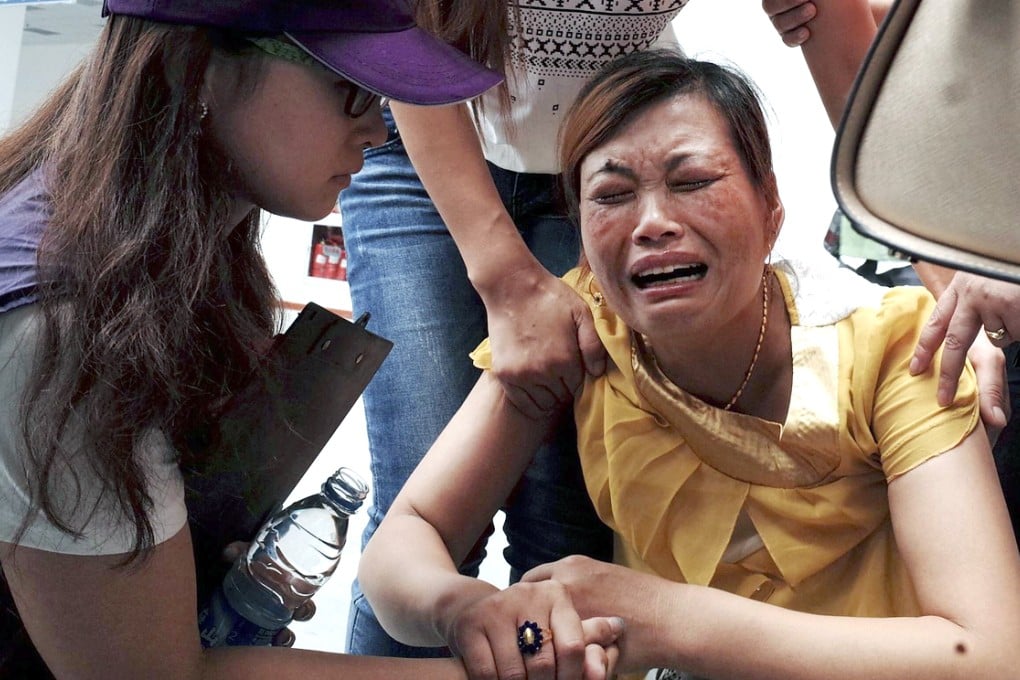Advertisement
Update | Kunshan explosion factory ignored several danger warnings, says regulator
Conditions notoriously bad at workshop where blast killed at least 75, injured 186
Reading Time:2 minutes
Why you can trust SCMP

Alice Yanin Shanghai
Workers at the Taiwanese-owned metalwork factory in Kunshan where an explosion on Saturday has killed at least 75 people said the dangerous, dusty work conditions that sparked the blast had been known about for years.
The city's work safety regulator said it had warned the factory of the potential for an explosion several times, but it was ignored.
The blast is thought to have been triggered by a flame in a dust-filled workshop used to polish car wheel hubs.
Advertisement
Video: Scores dead and hundreds injured in Jiangsu factory explosion
Advertisement
Some 186 workers were seriously burned or injured by the explosion at Kunshan Zhongrong Metal Products Company.
Advertisement
Select Voice
Choose your listening speed
Get through articles 2x faster
1.25x
250 WPM
Slow
Average
Fast
1.25x